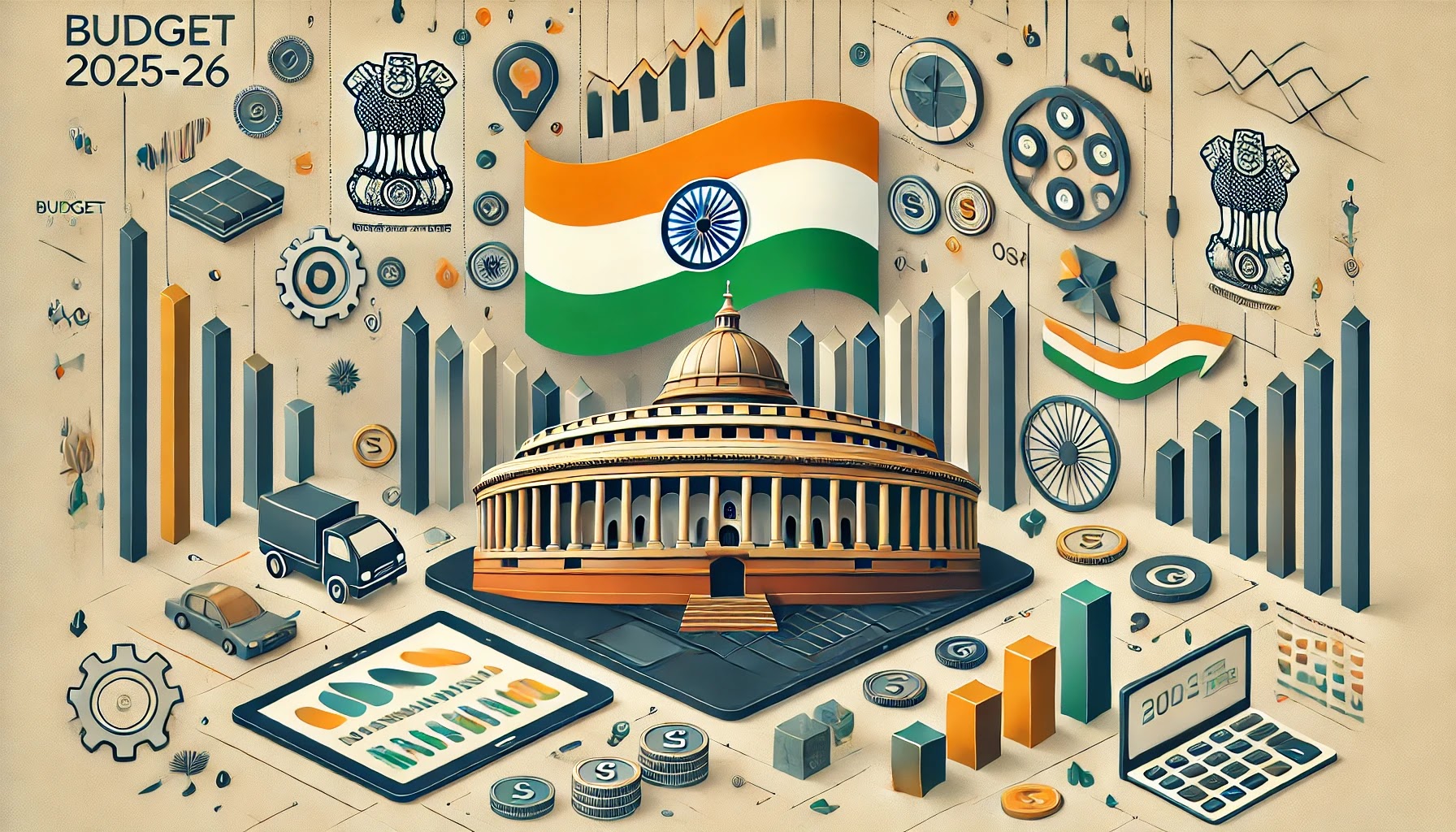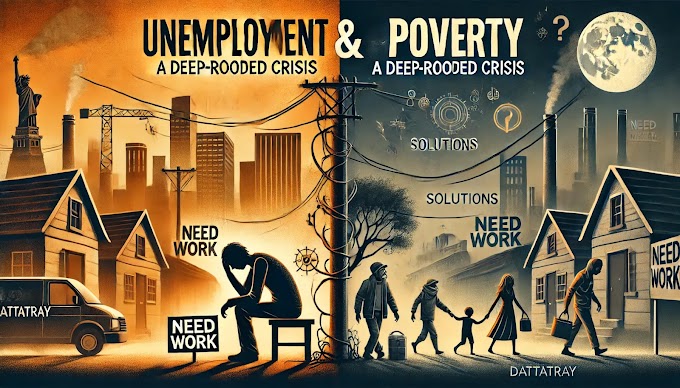Government Job vs Private Job: Making the Right Career Choice
Introduction:
Choosing a career path is a significant decision that can shape your professional and personal life. One of the key considerations is whether to pursue a government job or a private job. Both options come with their own advantages and drawbacks, and it's important to weigh them carefully. In this article, we will explore the factors that differentiate government jobs from private jobs, helping you make an informed decision about your career path.
Job Security:
One of the primary advantages of a government job is the level of job security it offers. Government positions are often considered stable and provide long-term employment. Government employees enjoy protection from sudden layoffs and downsizing, as well as a structured promotion system based on seniority and merit.
On the other hand, private jobs may offer less job security due to the unpredictable nature of the business environment. Private companies may undergo restructuring, downsizing, or closures, which can lead to job instability. However, in certain industries and organizations, private jobs can also provide a sense of security and stability.
Compensation and Benefits:
Government jobs are known for their competitive salary structures and comprehensive benefits packages. They often offer attractive perks such as health insurance, retirement plans, paid leave, and allowances. Additionally, government employees may be eligible for pension benefits, ensuring financial stability post-retirement.
Private jobs, particularly in well-established companies, can also offer competitive compensation packages. However, the specific benefits and perks may vary depending on the company's policies and the industry. Private sector employees may have access to benefits like bonuses, stock options, flexible work arrangements, and performance-based incentives.
Work Culture and Flexibility:
The work culture in government jobs is typically characterized by a hierarchical structure, strict adherence to rules and regulations, and a slower pace of decision-making. While this can provide stability, it may limit autonomy and innovation. Government organizations often have established procedures and protocols that must be followed.
In contrast, private jobs often offer a more dynamic and fast-paced work environment. Private companies tend to be more flexible in terms of work hours, dress codes, and decision-making processes. They encourage innovation, creativity, and entrepreneurial thinking. However, the pressure to meet targets and achieve results can be higher in the private sector.
Career Growth and Opportunities:
Government jobs often provide a clear and structured career progression path. Employees can advance through the ranks based on their performance, experience, and seniority. Government organizations often offer training programs, professional development opportunities, and chances to specialize in specific fields.
Private jobs offer diverse career growth opportunities, especially in industries that are rapidly evolving and expanding. Employees may have the chance to take on challenging roles, switch departments, or even start their own ventures. However, career advancement in the private sector may rely more on individual performance, networking, and seizing opportunities.
Work-Life Balance:
Government jobs tend to have a better work-life balance, with fixed working hours and generous leave policies. Employees often have weekends, public holidays, and vacations off, allowing them to prioritize personal commitments and maintain a healthy work-life balance.
Private jobs may demand more flexibility and availability, especially in certain industries or higher-level positions. Achieving work-life balance can be challenging in a competitive and demanding private sector environment. However, some private companies prioritize work-life balance and offer flexible work arrangements to promote employee well-being.
Conclusion:
Choosing between a government job and a private job is a personal decision that depends on your priorities, preferences, and career goals. Government jobs offer stability, job security, and structured growth opportunities, while private jobs offer flexibility, innovation, and potentially higher financial rewards. Consider factors such as job security, compensation, work culture, career growth, and work-life balance to make an informed choice. Ultimately, the key is to align your career decision with your long-term aspirations and personal values.
Thanks for reading ( Have A Great Week :)
. . .
"The only way to finish is GET STARTED" - Thought
.png)






.png)



.png)


0 Comments